The Basics To Growing Organic Vegetables
Organic vegetable gardening is a wonderful way to get back to nature and grow your own produce. The beauty of this method is that it uses only natural products and avoids the use of synthetic fertilisers and pesticides. The key to a successful organic garden is to understand the basics and work with nature.
When choosing the vegetables to grow, consider the soil and climate in your area. If you’re in a region prone to droughts, opt for plants that are more water-efficient. The next step is to prepare the soil, which involves removing rocks and weeds and tilling the ground. Then, enrich the soil with compost, bone meal, rock phosphate and greensand to provide the necessary nutrients of nitrogen, phosphorous and potassium. If the soil’s pH level is too high, adjust it with lime or sulphur.
A month before planting, add an organic fertiliser such as recycled leaves, grass clippings, coffee grounds, eggshells and kitchen waste. This will give the soil a boost before you start planting the seeds. Ensure the seeds are spaced appropriately so that the roots have enough room to grow and avoid competing for water. By planting other crops in between, you’ll also minimise the chance of weeds sprouting.
Pests can be a significant issue in organic gardening, but there are ways to combat them. Encouraging natural predators such as birds, frogs, and other insects is a great start. Providing them with a habitat, such as a bird house or a small pond, can help ensure they stick around and keep the pests at bay. You can also use barriers such as row covers, sticky traps, and foil collars to prevent moths and borers from attacking your crops.
There are organic pesticides available, but they may not be effective against all types of pests. Before purchasing any, make sure you know what you’re up against. Crop rotation is another effective way to preserve soil fertility and prevent soil-borne diseases from spreading. After harvesting your vegetables, choose a different crop to plant in the same area, which will help maintain soil fertility.
Popular Veg To Grow Organically
Tomatoes
Lettuce
Carrots
Peppers
Beetroot
Potatoes
Peas
Kale
Broccoli
Cabbage
Brussels sprouts
Radish
Spinach
Squash
Cucumber
Garlic
Onions
Courgettes
Parsley
Leeks
Organic vegetable gardening is an enjoyable and fulfilling experience. The fresh produce is not only delicious but also conveniently located just a few feet from your doorstep. With the world facing a food shortage and imported vegetables often not being grown using organic methods, now is a great time to consider taking up organic gardening. The government is also supporting farmers in shifting to organic methods, and it is up to all of us to encourage others to do the same.
In conclusion, organic vegetable gardening is a rewarding and fulfilling hobby, and the basics are easy to learn. By working with nature, you’ll have a thriving and fruitful garden in no time! Happy gardening!
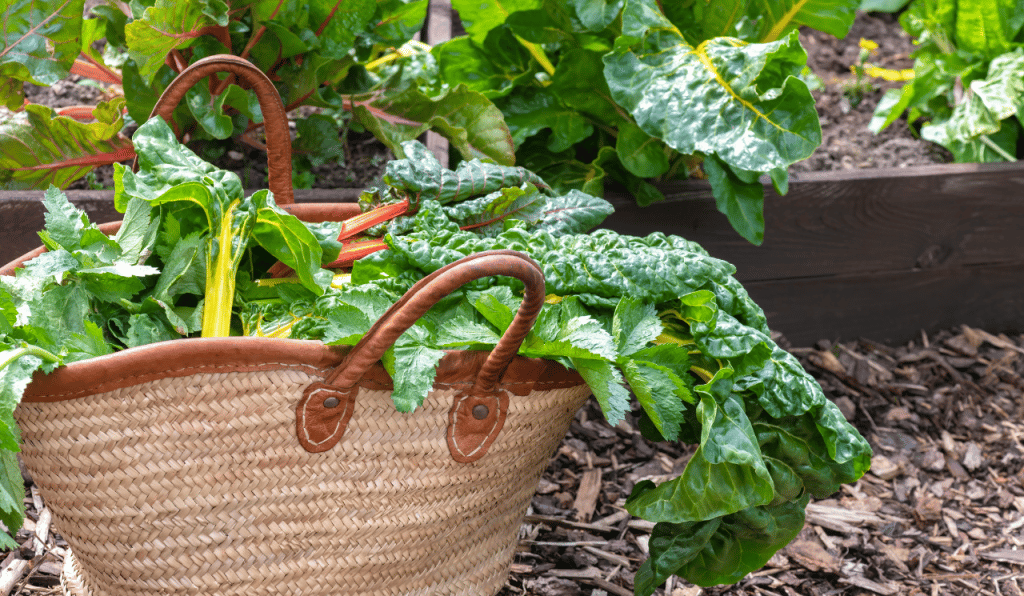


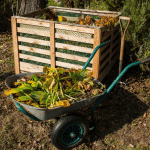
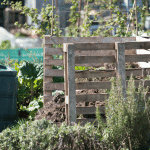
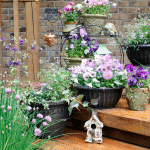
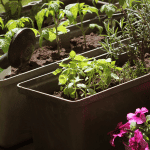







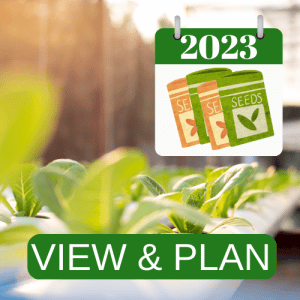

No comments.